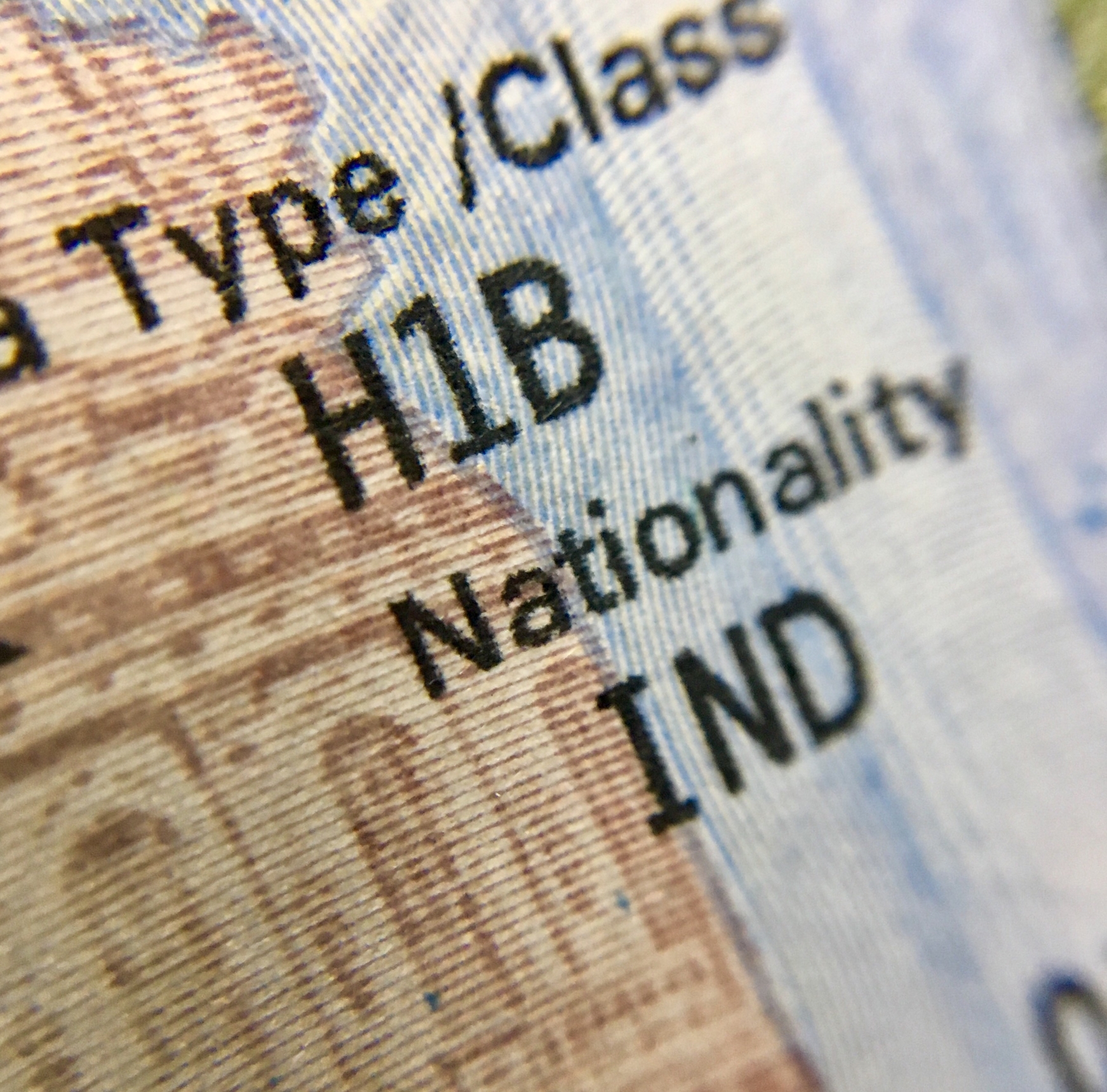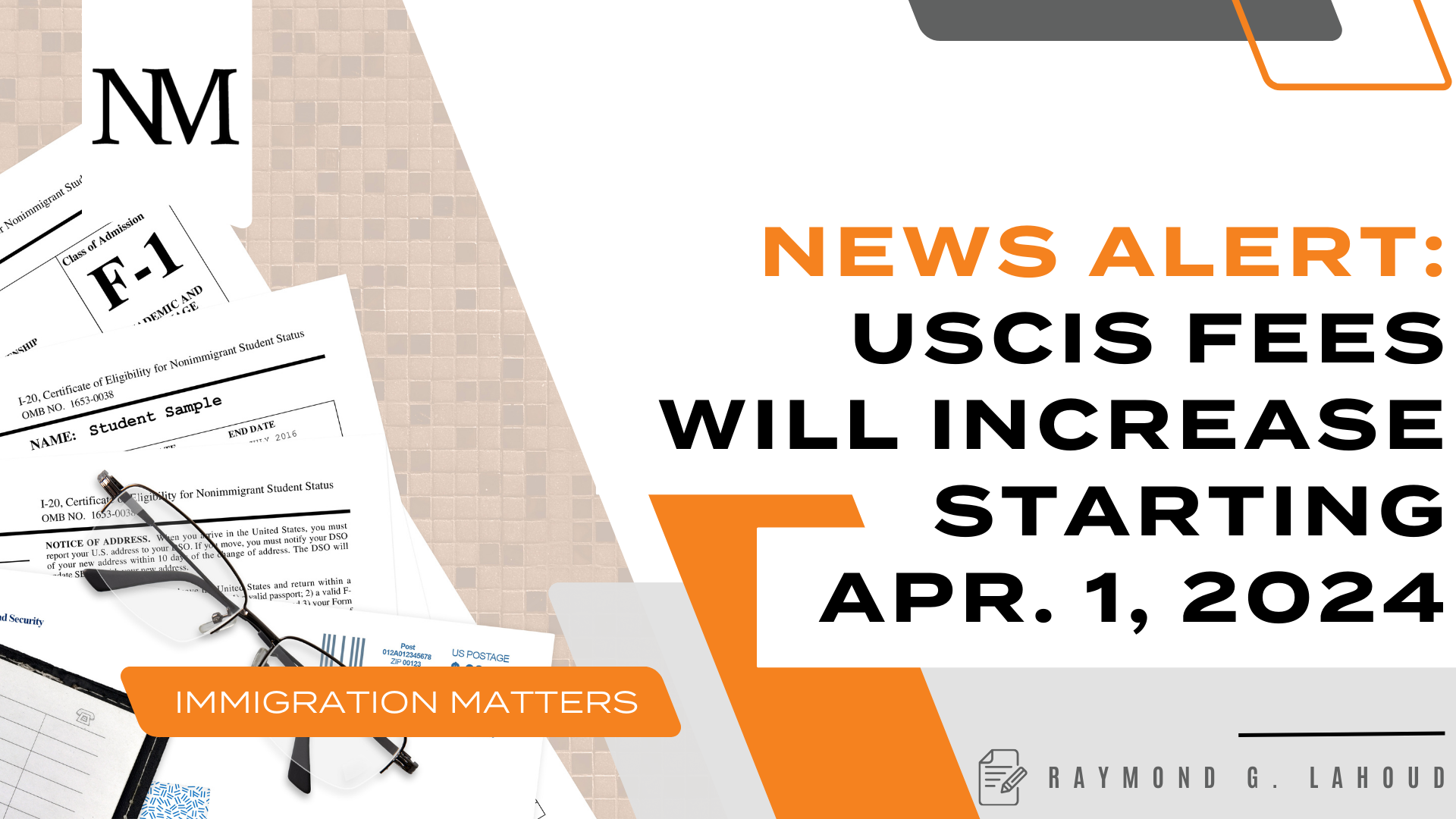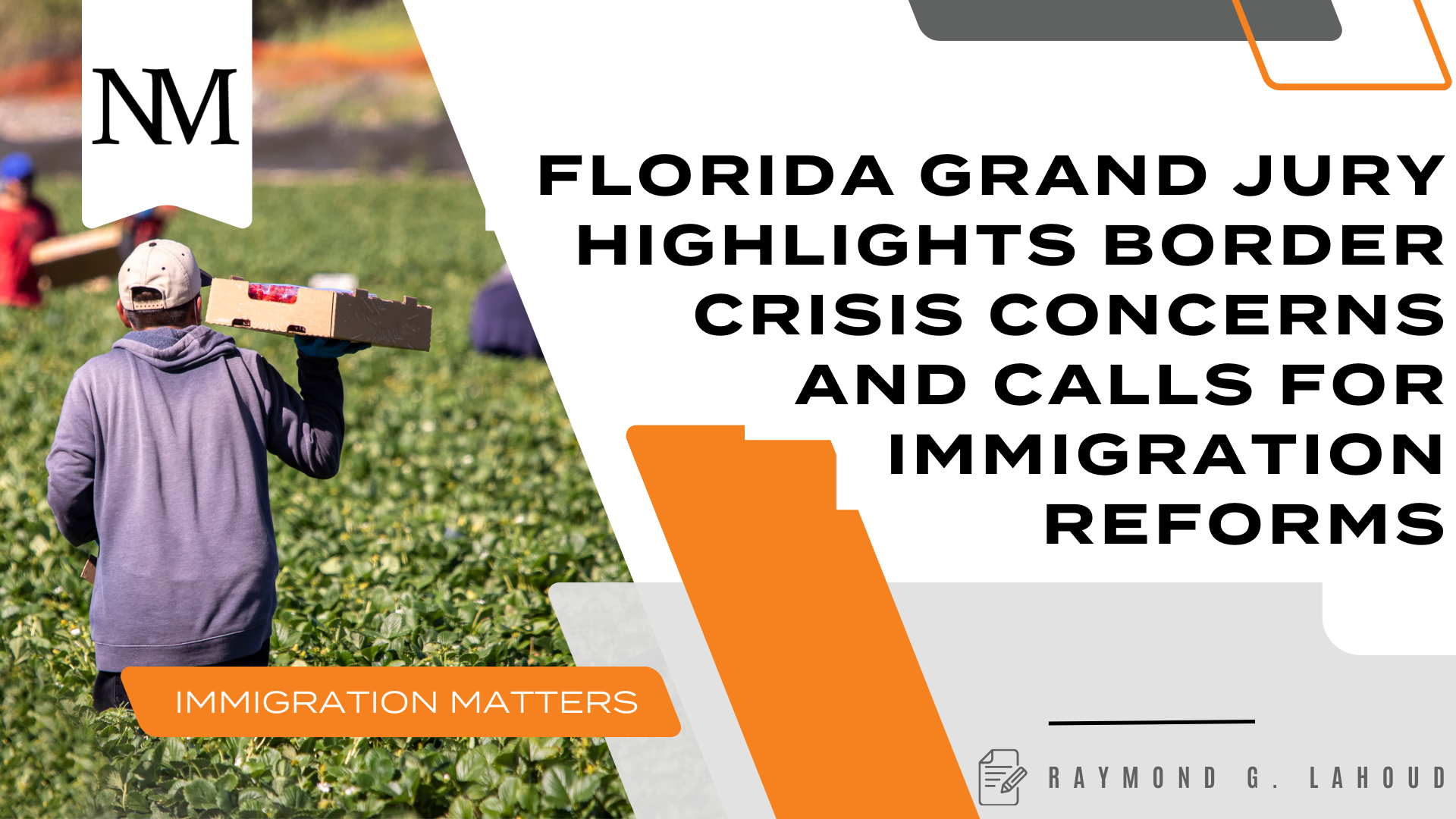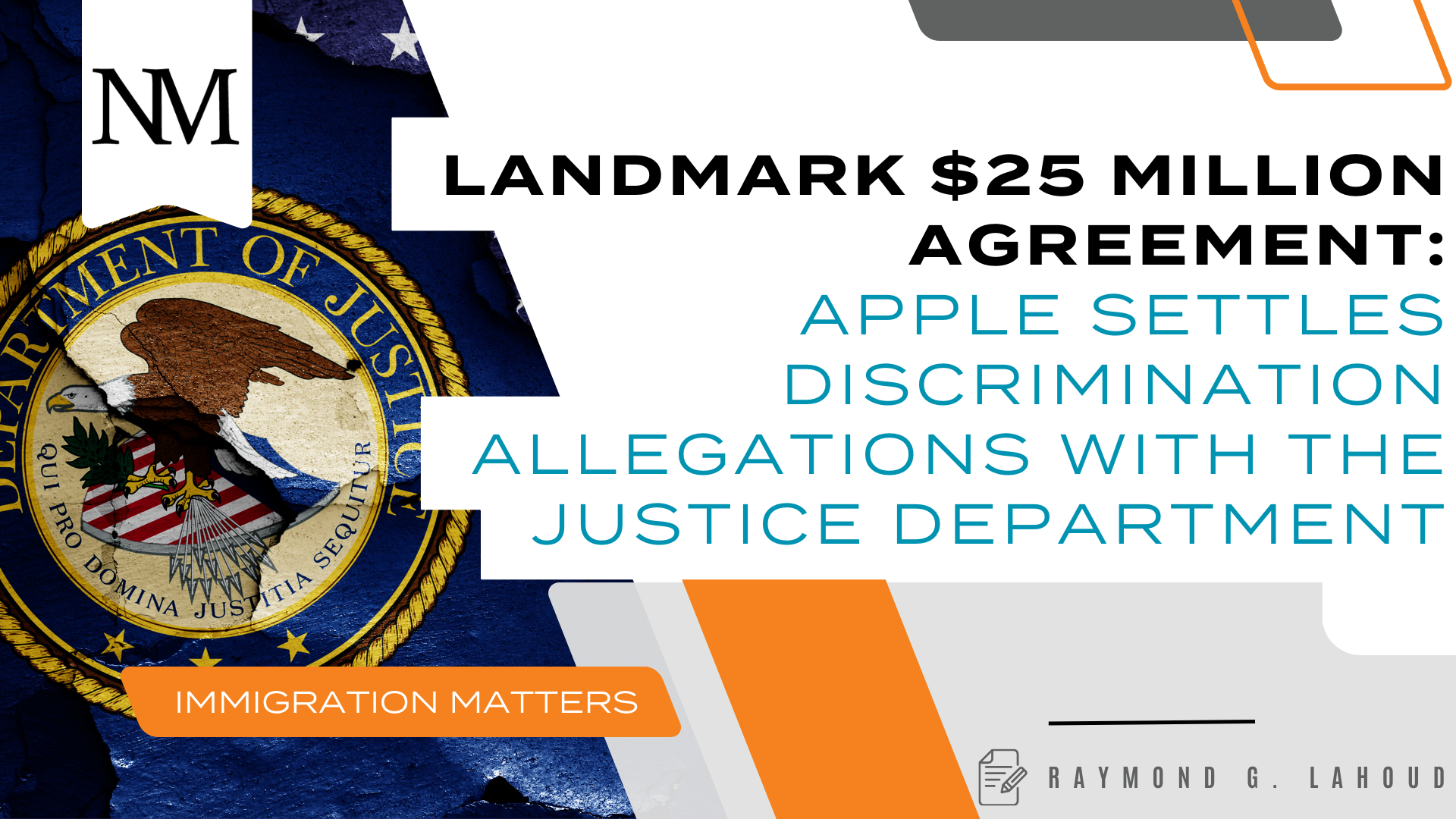IT Company Fined $48,193 for H-1B Visa Program Violations

An information technology (IT) consulting company that develops database and web-based applications, content management, and blockchain technology was fined $48,193 by the Department of Labor’s (DOL) Wage & Hour Division to settle allegations of H-1B Visa Program violations.
What Happened?
According to the DOL, Glendale, California-based Assigncorp, when seeking the H-1B employees, submitted certifications to the DOL, which required Assigncorp to pay certain wages based on the DOL wage statistics and established prevailing wages in the area of proposed employment. When Assigncorp's business slowed, the company “did not pay the hourly rate required in the program’s Labor Certification Application for the idle time, a violation of federal law.” Assigncorp settled with the DOL by agreeing to a civil penalty; H-1B employers must be aware of criminal prosecution if certain patterns or practices are established.
The DOL’s Wage & Hour Division’s local District Director Kimchi Bui said in a statement that the resolution of this “case demonstrates [DOL’s] commitment to safeguard American jobs, level the playing field for law-abiding employers, and ensure no one is being paid less than they are legally owed.” All “employers that wish to hire guest workers must familiarize themselves with the H-1B foreign labor certification program, which helps American companies find highly skilled talent when there is a shortage of U.S. workers,” said Bui.
What is the H-1B Visa Program?
The H-1B visa program allows companies in the United States to temporarily employ foreign nationals in occupations that require, at a minimum, the theoretical and practical application of a body of specialized knowledge, together with a bachelor’s degree or higher in the specific specialty, or its foreign equivalent. H-1B visa occupations typically relate to engineering, information technology, teaching, accounting, science, mathematics, healthcare, physical therapy, and finance. When sponsoring a foreign national under the H-1B visa program, the U.S. employer is required to first seek a labor certification from the DOL, which establishes the prevailing wage for the occupation. DOL defines the prevailing wage as “the average wage paid to similarly employed workers in a specific occupation in the area of intended employment.”
Once the DOL certifies the occupation and the wage has been determined, an employer must petition the Department of Homeland Security (“Department”) seeking approval of the prospective employee’s classification as an H-1B visa nonimmigrant. During this stage, the Department reviews the proposed occupation, the sponsoring employer, and the prospective employee to determine whether the specialty occupation and education requirements for H-1B visa classification are met. Once approved, the employee’s status is changed if he or she is lawfully in the United States, or the employee must attend an interview before a State Department Consular Officer, if ineligible to change status in the United States, or if living abroad.
Companies from a variety of New Jersey and Pennsylvania industries actively participate in the H-1B visa program. In 2019, New Jersey ranked fourth in the United States in the DOL H-1B visa labor certifications, with 40,736 New Jersey employer submissions. The DOL certified 25,966 labor certifications for Pennsylvania employers in 2019, ranking eighth nationwide. The average New Jersey H-1B visa prevailing wage was $95,105. In Pennsylvania, the average H-1B visa prevailing wage was $89,650.
To learn more about this post or any other immigration matter, please feel free to contact me at rglahoud@norris-law.com.




